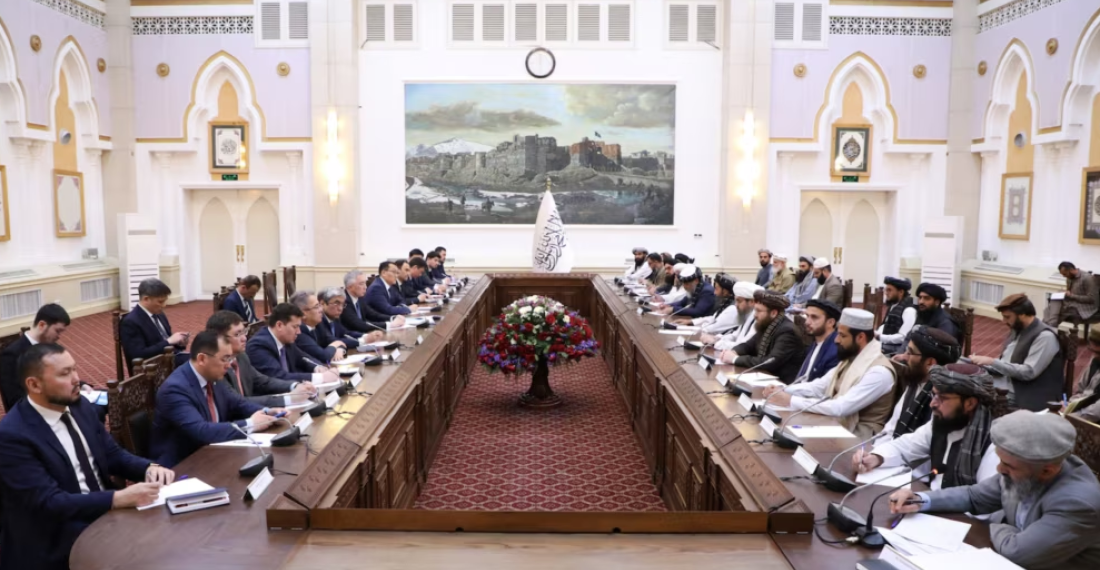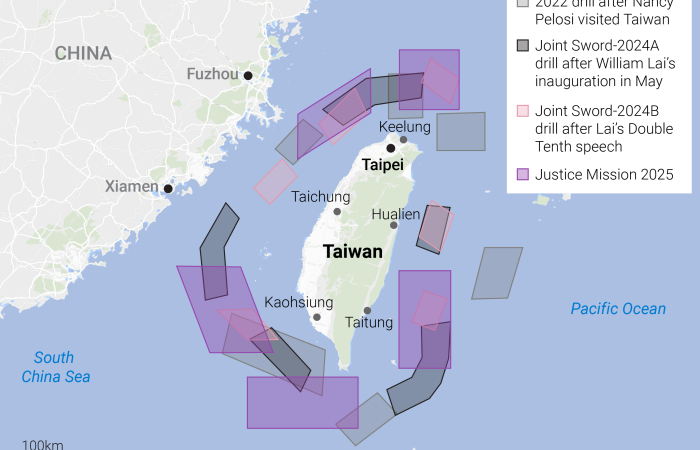A Kazakhstan-Afghanistan business forum is set to begin in the Kazakh capital Astana tomorrow on Thursday (3 August), lasting until Saturday (5 August).
According to a statement from the Kazakh Foreign Ministry, around 150 Afghan entrepreneurs from different sectors of the economy including second-level banks will be in attendance, while from the Kazakh side the Ministry of Trade and Integration, the company Kazakeksport, second-level banks, and logistics companies will also attend. An exhibition of Afghan goods will also be held during the forum.
Speaking to reporters on 31 July, the Kazakh Foreign Minister Qanat Tumysh said that none of the 150 Afghan officials and businesspeople were under international sanctions.
Although Kazakhstan officially regards the Taliban - who took control of Afghanistan shortly after American troops withdrew from the country in 2021 - as a terrorist organisation, Astana maintains official contact with Afghanistan's Taliban-imposed government.
Kazakhstan-Afghanistan trade
Trade between Kazakhstan and Afghanistan is currently worth around $1bn annually, and Kazakhstan's Ministry of Trade has previously announced an intention to triple this figure in the coming years.
Afghanistan is a significant purchaser of Kazakhstan's flour exports, with grain and sunflower oil exports to the country also increasing in recent years. Kazakhstan meanwhile views Afghanistan as both a valuable trading partner and a crucial transit country.
Indeed, earlier this week, Kazakhstan sent the first set of trucks on a new trade route to Pakistan via Afghanistan. Kairat Torebayev, Vice Minister of Trade and Integration, said on 31 July that Kazakhstan will continue its cooperation with Uzbekistan to supply flour and grain to Afghanistan, and mentioned an agreement on a 30% discount on the transit of goods through the territory of Turkmenistan in the direction of Afghanistan.
source: commonspace.eu with agencies
photo: RFE/RL






